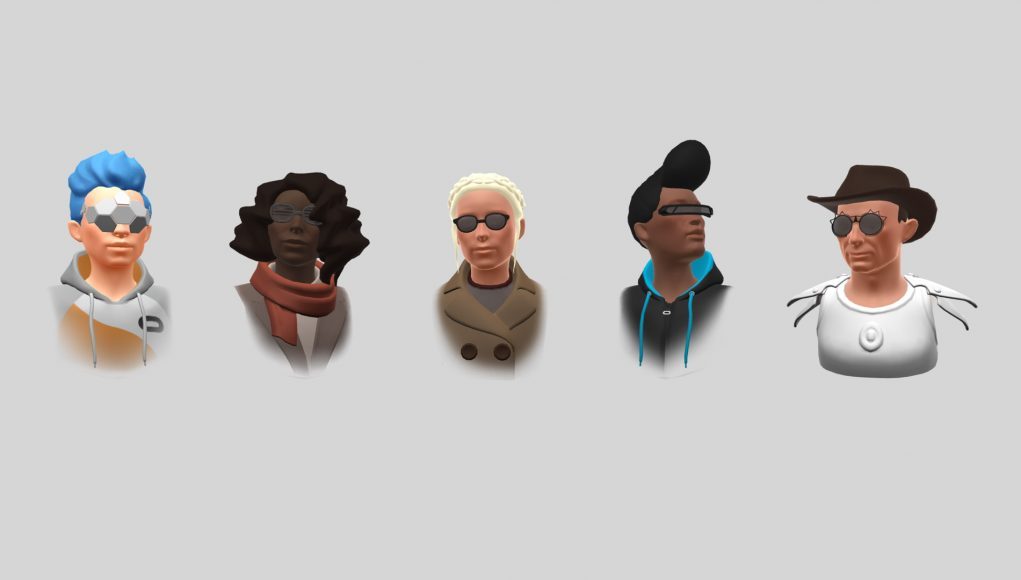Oculus had announced almost a year ago now that they planned to take their Oculus Avatars system cross-platform. Now, with last week’s release of Oculus Avatar SDK 1.28, the package is finally ready to be deployed cross-platform, meaning that Oculus games also offered on other platforms can use a unified avatar system.
Oculus invested in building a platform-level avatar system to allow users to create a consistent representation of themselves that could be used across various games in the Oculus ecosystem while saving developers from needing to build their own avatar system for each game.
Unfortunately, while they are arguably some of the best looking avatars out there, Oculus Avatars has seen minimal adoption, due in part to the fact that it has been restricted to titles on the Oculus platform. Since cross-platform distribution is critical for developers at this stage in the VR market, implementing Oculus Avatars into apps which would ultimately be distributed on other platforms like SteamVR would mean extra work, as the developer would need to implement Oculus Avatars for the Oculus version of the app, and a separate avatar system for the non-Oculus version of the app.
With the release of the Oculus Avatar SDK 1.28, developers can finally build Oculus Avatars into their apps for cross-platform use, meaning apps can rely on a unified avatar system whether they’re distributed through the Oculus Store, SteamVR, or elsewhere. This also makes things potentially easier for apps which have cross-play (multiplayer between platforms). Oculus says cross-platform support for their Avatars system has been “one of [developers’] biggest requests.”
Even with the move to cross-platform support, Oculus Avatars themselves are configured at the platform level and tied to an Oculus user account; players do their avatar customizations in Oculus Home rather than inside individual apps. That means that non-Oculus users can’t make their own custom avatars, and will instead be stuck choosing from pre-configured avatars offered through each app.
Oculus says they’re “in the early stages of building out richer avatar support for non-Oculus users,” so perhaps in the future they will also make avatar customization cross-platform (let’s just hope it doesn’t take another year). The company also says they’re continuing to invest in the Oculus Avatars system, including working toward “developer-created avatar content” for game-specific avatar customization.







